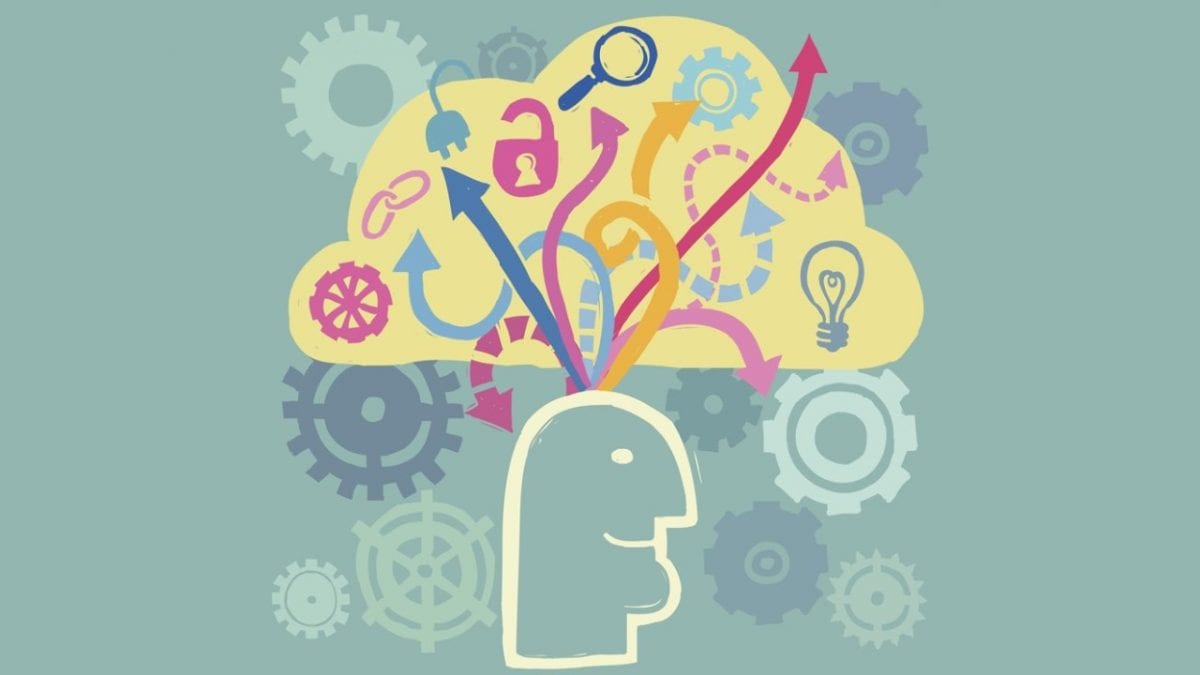According to the American Psychiatric Association, attention deficit hyperactivity disorder (ADHD) affects about 8.4 percent of children and 2.5% of adults. ADHD affects the everyday life of a person, starting from their relationships and work-life. It is necessary to get ADD treatment to improve your life, but first, recognize the ADD symptoms that can help you identify whether you have the disorder.
What are the symptoms of ADD?
The symptoms of ADD can be grouped into three major categories;
- Inattention
- Impulsivity
- Hyperactivity
These categories are wide and cover a variety of symptoms and signs. You may experience some of the following symptoms;
Lack of focus/ hyperfocus
If you have ADD, you may find that you cannot concentrate on a conversation for a long time. You become distracted easily, and it isn’t easy to complete tasks. Most of your tasks become half-done due to the inability to concentrate on getting them done.
On the other hand, you may experience hyperfocus. Hyperfocus is a condition where you concentrate on one thing and may tune off the rest of the world. You may find that you lose track of time and awareness of people around you, affecting the relationships you have.
Forgetting important things
It is normal to forget things, but with ADD, forgetfulness is excessive. Often people with ADD forget important dates or appointments. It can lead to missing job opportunities and sending a negative message to your family members and close friends.
Disorganization
Organization skills lack if you are affected by ADD. There is the inability to prioritize what is important in your life, and you often miss deadlines.
Restlessness
ADD affected persons are always restless. Many are the times that they are on the go. They find it challenging to work in quiet environments and sit down for a long time. A physical sign of restlessness is fidgeting with your feet or hands and squirming on your seat.
Impulsiveness
Impulsivity is characterized by doing things without giving much thought. Impulsiveness is shown by:
- The tendency to interrupt conversations
- Failure to follow the social rules in your interactions
- The tendency to always be in a rush
You may find that you are doing many of the things without considering the consequences of your actions. One example that is common to many ADD people is impulse buying, which is buying many items, yet you do not have the money to buy them.
Anxiety
Poor relationships and underachievement can cause anxiety or depression. ADD affected persons repeatedly worry about things, and this can cause anxiety issues. The anxiety tends to cause other health issues to the affected person.
Emotional problems
ADD affected persons tend to experience a variety of emotional problems. Mood swings are rampant, and you become unpredictable. Sometimes you may be excessively excited, and within a spur of a moment, you become bored. Other emotional problems may be;
- Low tolerance for frustration
- Obsessing over simple issues
- Sensitivity to rejection and how people treat you
- May experience low self-esteem
Fatigue
Although ADD people are hyperactive and restless, fatigue is another common symptom among them. Fatigue results from the inability to sleep, hyperactivity, and the use of excessive energy to focus. Fatigue ultimately contributes to a lack of focus for many ADD people.
Substance abuse
People with ADD have a higher probability of being victims of substance abuse. It may be alcohol, tobacco, or other drug abuse. There is no clear evidence to show the link between ADD and substance abuse. The theory is that people often result in substance use in an attempt to self-treat their symptoms.
Lack of motivation
Disorganization and lack of focus contribute to a lack of motivation to perform the tasks at hand. Procrastination is a common trait in people with ADD. When presented with a simple task, you find that you lack the desire to complete it, even if it may benefit you.
Destruction of relationships
By being moody, failing to follow social rules of interactions, and meeting deadlines, people find it hard to relate to you. You find that you cannot maintain any good relationships and feel lonely most of the time.
Other symptoms
Other symptoms that are common to those affected by ADD include;
- Being talkative (excessive).
- Losing important items, such as documents and mobile phones.
- Having few personal/work-related achievements.
ADD Treatment
ADD treatment is possible, and if you experience the symptoms above, seek medical advice from a doctor. ADD treatment options are;
- Behavioral therapy
- Medication
A combination of the two is more effective. Also, try to work on your eating habits and sleep better to help cope with your ADD symptoms.
Bottom Line
If you identify that you are having trouble forming relationships and achieving your work-life, check whether the symptoms above apply to you. If they do, seek a doctor’s help to know the best way forward.









